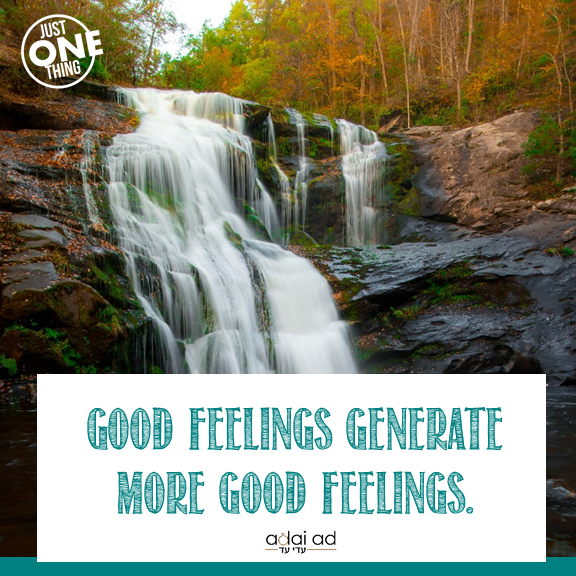Good feelings generate more good feelings –at least most of the time.
It is vitally important for good momentum to continuously build in your relationship. Even after a major conflict. Or perhaps, especially then.
The absolutely wrong time to act on anger and resentment of the conflict is when you are presented with an opportunity to be loving or kind. It does not make a difference if there was a resolution to the problem or an apology yet. Just go with the positive act and allow the small spark of love to kindle and reignite. Then, later you can deal with the unresolved conflict – from a better place.
You may be thinking “But how can I just let go of my anger?” “She has to know that I am still angry!” “If I just dismiss it, he’ll just do it again.” If you need to be angry, fine, be angry. At the same time, work to generate good feelings. If your spouse attempts to make-up, go with it; accept the attempt to reconnect and greet it with another positive act.
—
Often, right after a fight, spouses are too hurt and fragile to handle the difficult feelings. Strategically, it is important to first allow for good feelings to grow.
During the hours after a fight, each person is left with painful feelings of loneliness and bitterness. When one person finally connects in an effort to make things a little better, it is like opening up the dam just a crack. A torrent of overwhelming feelings suddenly rush out. It is at that moment when closeness begins to creep back that there is the strongest urge to begin to rage again, because it feels safe to express those feelings. It is at this moment that one must use rational thinking to quell this instinct. Those feelings are important, but first allow for positive feelings and connections to rebuild and heal. –
Excerpted from Marriage 911, Rabbi Simcha Feuerman, LCSW-R and Chaya Feuerman, LCSW-R authors.


